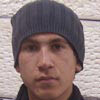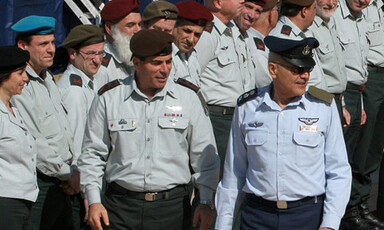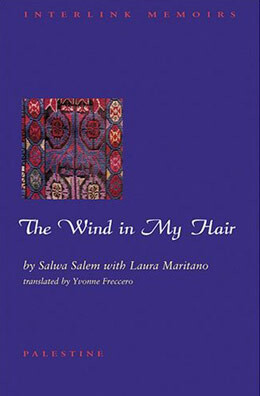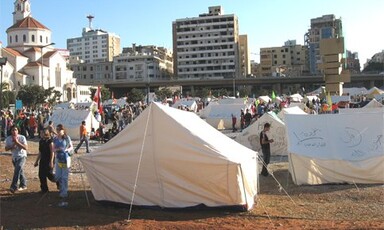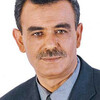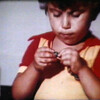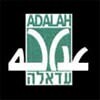
Arab couple refused residency in exclusively Jewish town
19 February 2007
The application of an Arab couple, Fatina Ebriq and Ahmed Zubeidat, to live in the community town of Rakefet in the Misgav area of the Galilee was refused in March 2006 by the regional selection committee. Selection committees monitor, accept and reject applications for housing units in community towns, and often operate according to vague and arbitrary criteria. On 11 April 2006, Adalah Attorney Suhad Bishara filed an appeal on behalf of the couple to the Israel Land Administration (ILA) against the decision to refuse their application to live in Rakefet. Read more about Arab couple refused residency in exclusively Jewish town
